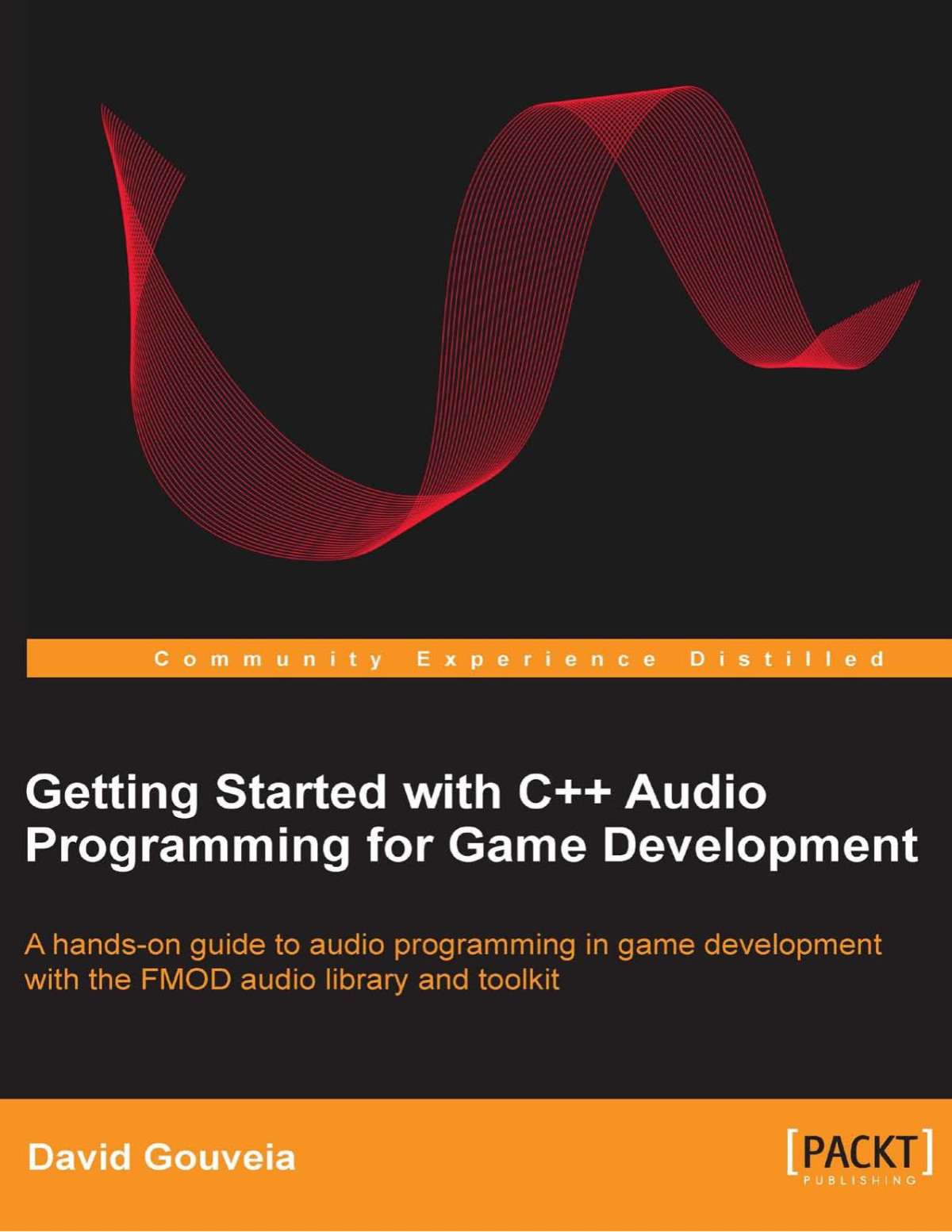

Most ebook files are in PDF format, so you can easily read them using various software such as Foxit Reader or directly on the Google Chrome browser.
Some ebook files are released by publishers in other formats such as .awz, .mobi, .epub, .fb2, etc. You may need to install specific software to read these formats on mobile/PC, such as Calibre.
Please read the tutorial at this link: https://ebookbell.com/faq
We offer FREE conversion to the popular formats you request; however, this may take some time. Therefore, right after payment, please email us, and we will try to provide the service as quickly as possible.
For some exceptional file formats or broken links (if any), please refrain from opening any disputes. Instead, email us first, and we will try to assist within a maximum of 6 hours.
EbookBell Team

5.0
110 reviewsAudio plays a fundamental role in video games. From music to sound effects or dialogue, it helps to reinforce the experience, convey the mood, and give feedback to the player. Presently, many games have achieved commercial success by incorporating game sounds that have enhanced the user experience. You can achieve this in your games with the help of the FMOD library. This book provides you with a practical guide to implementing the FMOD toolkit in your games.
Getting Started with C++ Audio Programming for Game Developers is a quick and practical introduction to the most important audio programming topics that any game developer is expected to know. Whether you need to play only a few audio files or you intend to design a complex audio simulation, this book will help you get started enhancing your game with audio programs.
Getting Started with C++ Audio Programming for Game Developers covers a broad range of topics – from loading and playing audio files to simulating sounds within a virtual environment and implementing interactive sounds that react to events in the game.
The book starts off with an explanation of the fundamental audio concepts, after which it proceeds to explain how to use the FMOD Ex library, how to implement a 3D audio simulation, how to use the FMOD Designer toolkit, and how best to work with multi-layered sounds with complex behaviors attached to them. The final part of the book deals with working with audio at a much lower level by manipulating audio data directly.
This book will provide you with a good foundation so that you can successfully implement audio into your games and begin pursuing other advanced topics in audio programming with confidence.
ApproachThis book is a standard tutorial targeted at game developers which aims to help them incorporate audio programming techniques to enhance their gameplay experience.
Who this book is forThis book is perfect for C++ game developers who have no experience with audio programming and who would like a quick introduction to the most important topics required to integrate audio into a game.
**